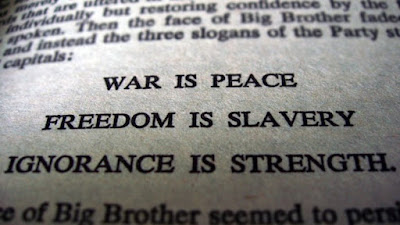Democratic theories of government in their modern form
are based on dogmas of equality.
— Madison Grant
Madison Grant was a New York City lawyer who in 1916 published The Passing of the Great Race.
Grant's work flew off booksellers' shelves after Science and The Saturday Evening Post both praised it, and climbed steadily to become an international best-seller.
Grant's work flew off booksellers' shelves after Science and The Saturday Evening Post both praised it, and climbed steadily to become an international best-seller.
Based on its claim of Nordic superiority, the book argued for the end of immigration and equal rights and the start of a national eugenics program designed to foster "obliteration of the unfit."
However, thanks to the protests of anthropologists like Franz Boas and Margaret Mead—who produced compelling counter-evidence that showed race had no bearing on culture—the arguments made by The Passing of the Great Race soon fell from favor, and Madison Grant lost his following.
One day in 1934, Grant received a letter from a prominent German, who thanked him for writing "my bible."
But not completely.
The letter was signed by Adolf Hitler.
























